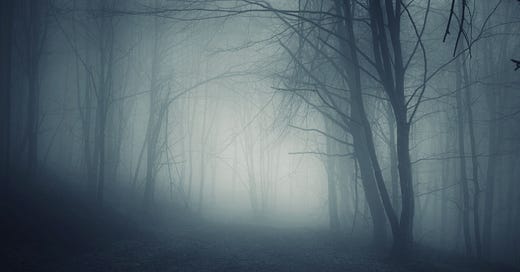No concept man forms is valid unless he integrates it without contradiction into the sum of his knowledge. — Ayn Rand
How shall I begin to tell the story?
I suppose the first thing I should say is that all of us are …
Keep reading with a 7-day free trial
Subscribe to Stoic Observations to keep reading this post and get 7 days of free access to the full post archives.




